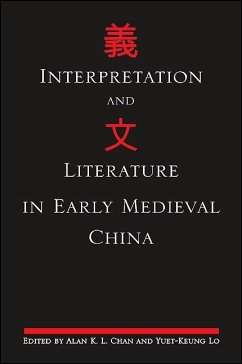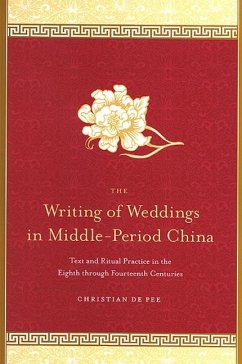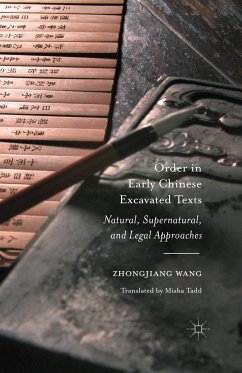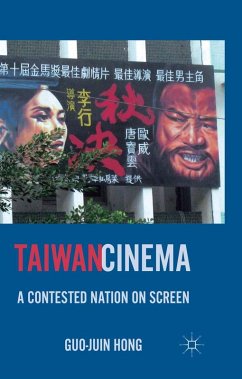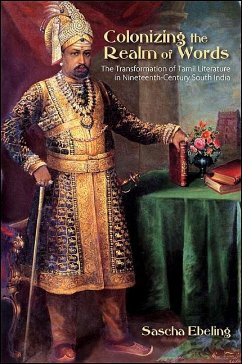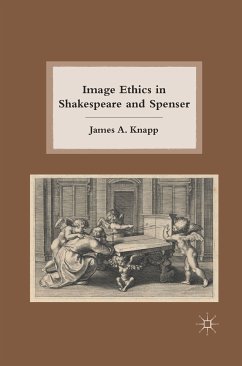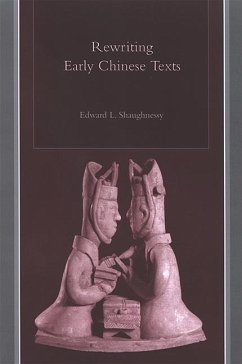
Written at Imperial Command (eBook, PDF)
Panegyric Poetry in Early Medieval China

PAYBACK Punkte
13 °P sammeln!
Explores both the literary features and historical context of poetry written for imperial rulers during China's early medieval period.This is the first book-length study of panegyric poetry-yingzhao shi or poetry presented to imperial rulers-in the Chinese tradition. Examining poems presented during the Wei-Jin Nanbeichao, or early medieval period (220-619), Fusheng Wu provides a thorough exploration of the sociopolitical background against which these poems were written and a close analysis of the formal conventions of the poems.By reconstructing the human drama behind the composition of thes...
Explores both the literary features and historical context of poetry written for imperial rulers during China's early medieval period.
This is the first book-length study of panegyric poetry-yingzhao shi or poetry presented to imperial rulers-in the Chinese tradition. Examining poems presented during the Wei-Jin Nanbeichao, or early medieval period (220-619), Fusheng Wu provides a thorough exploration of the sociopolitical background against which these poems were written and a close analysis of the formal conventions of the poems.
By reconstructing the human drama behind the composition of these poems, Wu shows that writing under imperial command could be a matter of grave consequence. The poets' work could determine the rise and fall of careers, or even cost lives. While panegyric poetry has been largely dismissed as perfunctory and insincere, such poems reveal much about the relations between monarchs and the intellectuals they patronized and also compels us to reexamine the canonical Chinese notion of poetic production as personal, spontaneous expression.
This is the first book-length study of panegyric poetry-yingzhao shi or poetry presented to imperial rulers-in the Chinese tradition. Examining poems presented during the Wei-Jin Nanbeichao, or early medieval period (220-619), Fusheng Wu provides a thorough exploration of the sociopolitical background against which these poems were written and a close analysis of the formal conventions of the poems.
By reconstructing the human drama behind the composition of these poems, Wu shows that writing under imperial command could be a matter of grave consequence. The poets' work could determine the rise and fall of careers, or even cost lives. While panegyric poetry has been largely dismissed as perfunctory and insincere, such poems reveal much about the relations between monarchs and the intellectuals they patronized and also compels us to reexamine the canonical Chinese notion of poetic production as personal, spontaneous expression.
Dieser Download kann aus rechtlichen Gründen nur mit Rechnungsadresse in A, D ausgeliefert werden.




